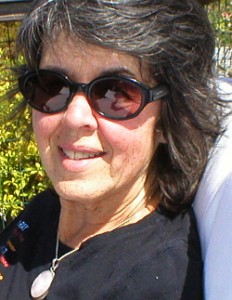 Learning is a strange process. After writing poetry for ten years I’m beginning to realize there are skills involved. My tool bag? Quite empty at the moment. And it is this lack that propels me to enquire.
Learning is a strange process. After writing poetry for ten years I’m beginning to realize there are skills involved. My tool bag? Quite empty at the moment. And it is this lack that propels me to enquire.
Language. We begin learning by listening, not by recognizing the alphabets. Perhaps poetry is the same thing. We begin by thinking (not writing)—that everything is a puzzle and nothing is what it seems to be. From one thought, go deep, branch out, retrieve, manipulate; poetry is art.
Take out logic, what do we have? Capturing random thoughts requires intention. Connecting the conscious and the subconscious and what to do with them? These are my questions. After breaking down one door there is always another. Poetry is mystery.
Listen to many languages to come up with a new language, one that may illustrate my thoughts. It’s English with a new outfit. And I’m fickle, always wanting a new outfit.



 To get to know a friend is to try finding things in common. Pick a topic–hobby, age, birth signs, politics–between two people there has got to be something you can talk about. My friend Andy and I are excited over our dyslexia. It may be too broad a term to describe the sense of loss in our childhood, but we definitely were not wired optimally and timely. I remember eating an interminable lunch at my desk, while the rest of the class lined up to go somewhere. But more tragically was the lack of comprehension on all subjects (except music) no matter how hard I tried.
To get to know a friend is to try finding things in common. Pick a topic–hobby, age, birth signs, politics–between two people there has got to be something you can talk about. My friend Andy and I are excited over our dyslexia. It may be too broad a term to describe the sense of loss in our childhood, but we definitely were not wired optimally and timely. I remember eating an interminable lunch at my desk, while the rest of the class lined up to go somewhere. But more tragically was the lack of comprehension on all subjects (except music) no matter how hard I tried.